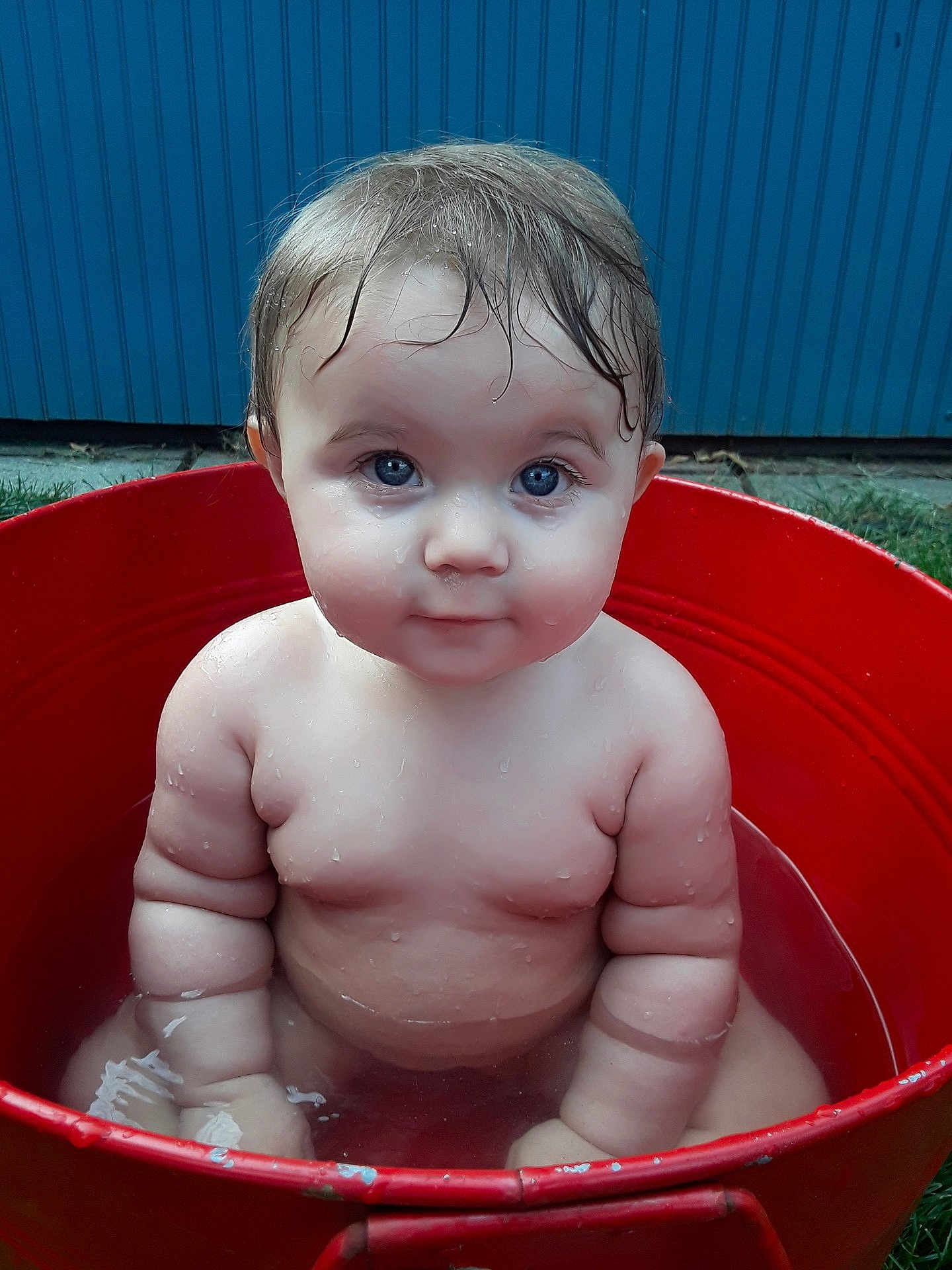The symphony of names carries deep historical echos and personal aspirations, threading through the fabric of time. Among these names, "Harper," originated as an occupational name, now embodies a compelling legacy carried by little girls across the globe. Parents often consider names not just as labels, but as a vessel of identity and potential, making picking the right name a significant and delightful journey.
Personality of the name Harper
Harper, traditionally linked to the musician responsible for playing the harp, carries a sense of artistry and creativity. This name often evokes images of creativity, wisdom, and sensitivity. Most Harpers are perceived to be insightful, possessing an innate capability to resonate with the arts and literature. This creative flair makes Harpers good problem solvers, often thinking outside the box and creating solutions that others might overlook.
Psychologically, children named Harper are often thought to have pleasant dispositions and a charming personality which makes them appealing to their peers. They tend to be charismatic, drawing others with their affable nature and easy-going demeanor. This name encourages a balance between being critically thinking individuals and sociable beings, which is a combination that often leads to successful interpersonal relationships.
Moreover, the name Harper suggests a person who values freedom and independence. This trait can either manifest as a love for spontaneous adventures or a deep-seated appreciation for personal space and autonomy. It caters to a leadership personality, where taking charge and pioneering innovations come naturally.
Harper was recently highlighted in a popular magazine as one of the "Names Most Likely To Succeed," illustrating the modern association of the name with success and leadership.
Meanings and Origins of the name Harper
The name Harper has English and Scottish origins, where it was first used as a surname by those who played the harp. "Harper" belongs to the category of occupational surnames similar to names like Smith (a blacksmith) or Baker (a bakery owner). In old English contexts, this name was predominantly masculine, however, over the centuries, it has evolved to become unisex, leaning more popularly towards girls in recent times.
In Scotland, the Harper family name was historically esteemed, with individuals who held the name often occupying significant roles in the medieval bardic traditions, where music was a vital part of culture. The transition of Harper from a family name to a first name marks a significant shift in naming practices, influenced by changing cultural dynamics and the fading of strict occupational naming.
Popularity of the name Harper
Harper has seen a substantial rise in popularity, particularly in English-speaking countries, over the last decade. This surge can be primarily attributed to the influence of celebrities and notable public figures who have chosen this name for their children. For instance, the daughter of David and Victoria Beckham, named Harper Seven Beckham, significantly boosted the name’s popularity.
In the United States, according to the Social Security Administration, Harper jumped from the 887th most popular name in 2004 to one of the top 10 names for girls by 2015. This trend reflects a broader societal shift towards opting for modern, yet historically rooted names that are both meaningful and phonetically charming.
Internationally, Harper holds a consistent appeal, ranking well in the baby name charts of Canada, Australia, and New Zealand. It’s seen as stylish and robust, suitable for a child growing up in a globalized world.
Notably, Harper Lee, the author of the iconic novel "To Kill a Mockingbird," has also influenced the popularity of this name, associating it with strong intellectual and moral qualities.
Choosing the right name for your child involves a blend of understanding its etymology, popularity, and the potential characteristics it embodies. Harper, with its rich heritage and modern appeal, offers a dynamic blend of cultural depth and contemporary sophistication.
The sound and uniqueness of a name can subtly influence a child’s development. Names like Harper, which carry an undercurrent of creativity and leadership, might inspire those qualities in a child. This harmonic connection between a name and identity highlights the importance of thoughtful name selection.
















